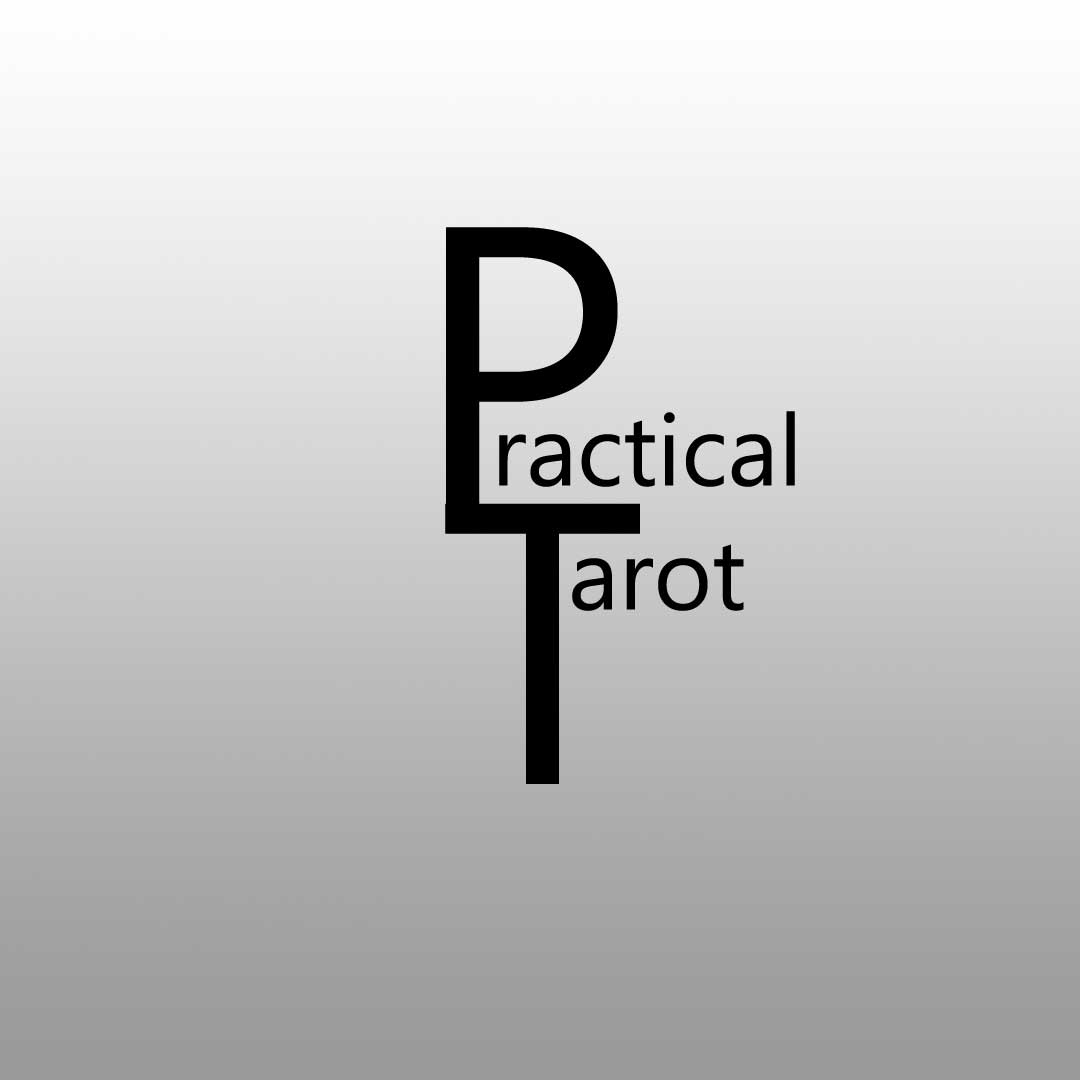The Smith-Waite Unbordered Tarot Deck
Here, in this moment, the fiery wands are still. They dominate the picture. Standing tall and solid, they create a bower. A huge wreath hangs between them. Grapevines, flowers, and ribbons, symbolic of celebration and times of plenty. It is a glorious sunny day, no clouds in the sky. Two figures run towards the bower, waving their own bouquets of flowers in a joyful dance. Their family follow them as they leave the city to celebrate their freedom and success beyond the castle walls.
There is a sense of achievement here, a feeling of warmth and conviviality. Like all the fours in the Tarot, there is also stability; a time to take a breath and contemplate before everything moves on in the fives.
This card speaks of freedom and the joy to be found when we break away from old ideas or what is expected of us and embrace all possibilities. It tells us that finding ourselves and celebrating who we are and what we have achieved with family and friends is a way to fulfilment.
The Four of Wands and The Tower
Framed by the Wands and behind the dancing figures is the Tower. The couple are dressed in red and blue, like the pair pictured falling from the Tower in the night after the lightning strike. Now, in the Four of Wands, they are free of old ideas and beliefs - their own or of others - that kept them prisoner and no longer serve them. One aspect of this card is reflected in the outpouring of worldwide support for the Black Lives Matter protestors. This is what happens when we break the chains of prejudice and celebrate opportunities for everyone to live through their true identity, gender, life, and career choices.
A Welsh Roma Family - Wiki Images
Arthur Waite, author of the Smith-Waite Tarot deck, could think of no adverse aspect to this card. “They are for once almost on the surface,” he wrote.
The Four of Wands Reversed
Unlike Waite and most other writers on the tarot, I feel that there can be a reversed side to this card. We might feel alone or excluded, not welcome to join the party. As the Tower shows us, we can be just as imprisoned by our own thoughts as by the actions, laws, beliefs of others. We might be introverted and shy, or oppressed and marginalised. Older people can experience intense loneliness when a long-term partner dies, despite the best efforts of friends and family. Even mental illness, dementia and other conditions can cause someone to be locked out of family or community and isolated.
Lonely Inside The City Walls - pixiefuel
Alienation and Isolation
Our society, with its emphasis on money rather than meaningful relationships, creates feelings of alienation in some people who feel valued only for their economic contribution. For example, recently UK politician Priti Patel described students, parents who choose to stay at home to raise their children or care for their needy family members, the sick and retired, as ‘the economically inactive’. When a country chooses to prioritise the economy before the health of its citizens, as so many governments have done during the COVID-19 pandemic, it leaves many individuals feeling worthless. Losing your job when the economy collapses is more than just becoming ‘economically inactive’. It changes your life in ways that have less to do with money than with self-esteem, security, comradeship, identity, and community. When people feel that society makes collective decisions that disregard the unique needs of the individual, their feelings of alienation are compounded by illness, poverty, isolation.
Sometimes this card asks us to examine those enclosing castle walls and see what it is that we want or need to escape from. Perhaps it is the dictates of family and community, culture or religion that imprisons us. Being locked into the role of carer for family members of any age can be isolating and lonely. As a reader, we should be sensitive to how this card, ostensibly of unalloyed happiness and joy, can impact on someone whose present or past experience differs wildly from this perfect picture.
This card symbolises times of shared joy, friendship, and community, bringing diverse people together, being included, welcomed, and succeeding in our endeavours. It asks us to take action to ensure that we do the same for others and make them feel safe and secure in the knowledge that we really are all in this together and together we are stronger.



